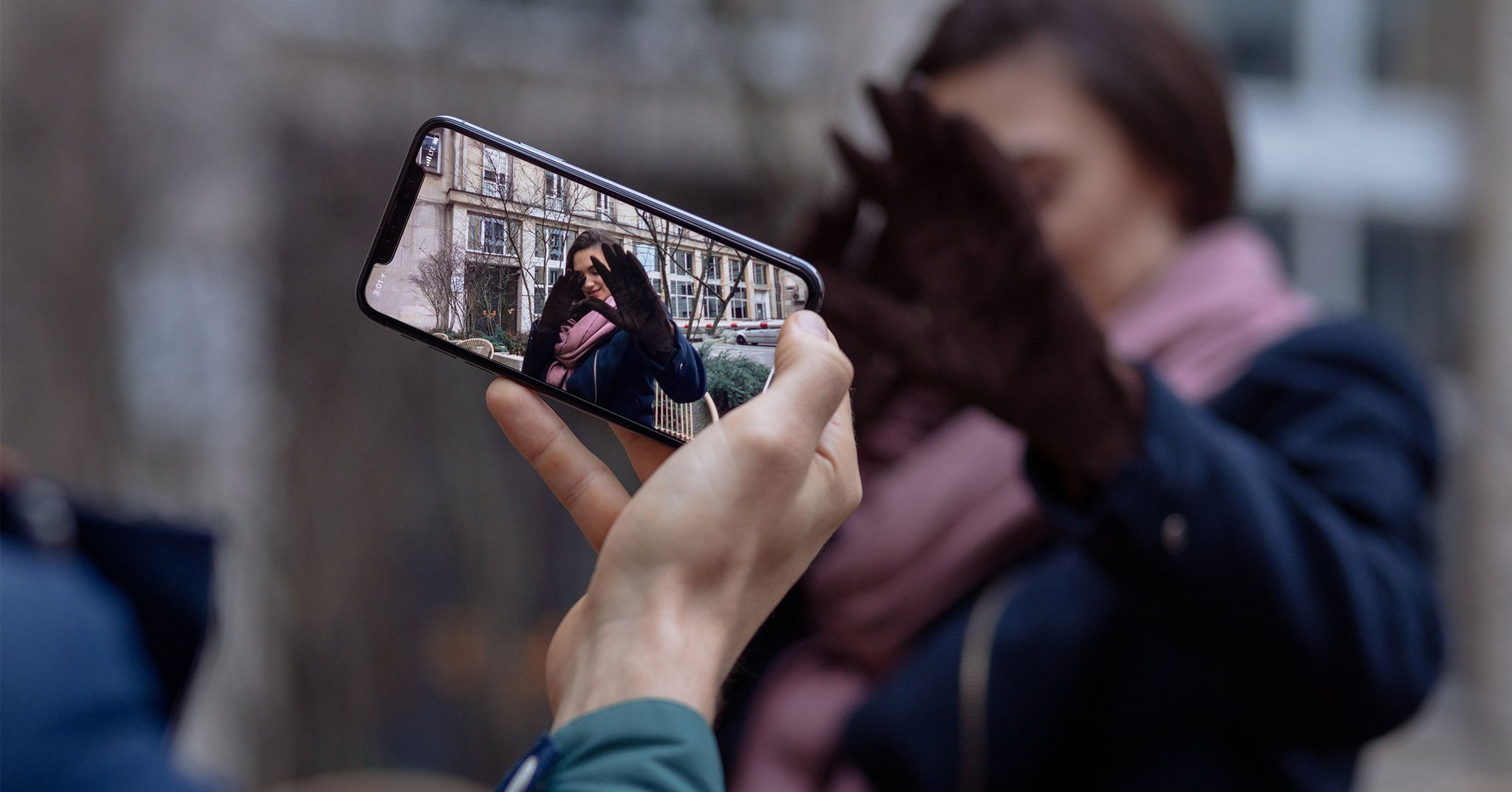
Have you ever taken someone’s photo without their consent and then posted it on social media? If the answer is no, then that’s good news. If the answer is yes, then you might want to continue reading. I did a double take through my Instagram feed to ensure that what I hadn’t done this, but if I had, I would have taken this opportunity to fess up to it and then delete the images. That said this is a horrible thing to do. Not only is it invasive, it’s also really inappropriate. Think about how you would feel if someone did that to you. Sure, we all do crummy things now and then, so I am not trying to say you’re a bad person. I think that this isn’t something that should be socially acceptable. And honestly, it’s not.
Why am I bringing this up now? You might remember a recent story – #PlaneBae – where Twitter user Rosey Blair spent hours live-tweeting the flirtation between two strangers who were sitting in front of her on a flight. Perhaps the Twitter user thought this was cute and had no intention of invading their privacy. But the more likely reason is that she was looking for attention on social media. (The latter happens to be true as she tried to use this to get a job at Buzzfeed, but I was hoping that this wasn’t the case.) But #PlaneBae isn’t the only example of when this happens.

The reason for doing it in the first place is almost always to get more re-tweets or to make fun of someone. There are a lot of trolls on the Internet, so this kind of thing makes me sick to my stomach. It also makes me wonder if I’ve ever been the target of some kind of attack like this? I live a pretty innocuous life, and I’m not trying to flatter myself, but I think we could all ask ourselves this question. Were you popping a pimple in the car when you were stopped at a stop light? So yes, someone could have taken a photo of that and posted it on their Twitter account. Is it ok? Nope. And it honestly shouldn’t require an explanation, but I will give you one anyway.
People don’t sign a waiver agreeing for you to use their images, or physical location. Blurring out their faces, or any other identifying detail does mitigate the harm a little bit, but you’re still taking a photo of someone without their consent. And well, my friends, we live in a world where consent is no longer option. Was it ever? Given what’s happening with the #TimesUp movement, you would think that it was. But now, we are hyper-vigilant, and for good reason. I’ve digressed a bit.

The Twitter user who took the video of #PlaneBae did blur out their faces, but again, that doesn’t make it ok. In fact, the woman who was being filmed declined to have her name released and has since deleted her own social networking profiles in order to protect her own privacy and minimize the fallout. Just because you’re not sharing a photo or video with the intent of cruelty doesn’t mean that its subject wants to be at the center of any type of public commentary, or that the results might not be personally devastating for them.
I’d like to add a caveat in here, which will seem controversial to some, but I’ll run the risk. If you see something happening that shouldn’t be – police abusing their power, or white supremacists committing hate crimes in the street. These people don’t deserve privacy because they are breaking the laws that govern our democracy. #PlaneBae was doing nothing wrong. It’s not a crime to flirt with someone on a plane. You don’t know their story. You know nothing about them, and to take the video and post it online is not only an invasion of their privacy, but you’re also making a judgment on their behavior. Like I said at the top of this article – if you don’t have consent, don’t post it for everyone to see. It’s that simple.
